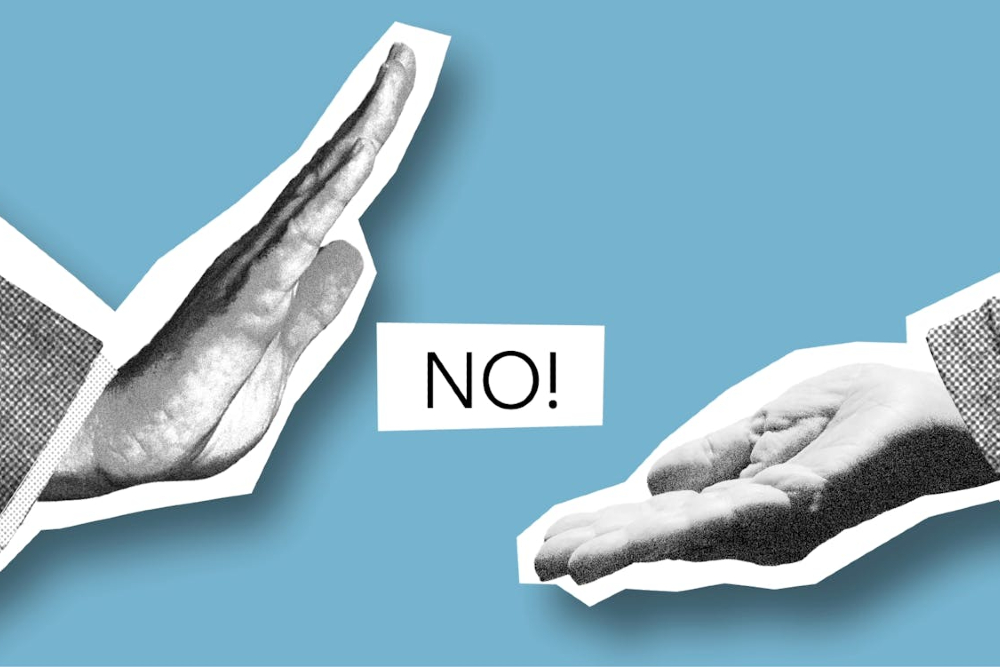Reasons Insurance Companies Deny Personal Injury Claims (And How to Fight Back)

When you file an insurance claim, you expect your insurance company to provide the coverage you’ve been paying for.
But, sometimes, insurance companies deny claims, leaving you with unexpected out-of-pocket expenses and a sense of frustration.
Understanding the reasons behind insurance claim denials can significantly influence how you file, especially when it comes to personal injury cases.
Common Reasons Why Insurers Deny Claims
Ohio Rev. Code Title 39 sets standards for insurance practices in our state and outlines consumer protections.
Insurers must adhere to these regulations when processing claims, and failure to do so can provoke penalties and legal action.
Generally, the law allows insurance companies to deny claims for:
- Policy exclusions and limitations.
- Failure to pay premiums.
- Lack of proper documentation.
- Missed deadlines for filing claims.
Now, let’s take a closer look at these reasons and how they may affect your personal injury claim.
1. Policy Exclusions and Limitations Leading to Claim Denials
Every insurance policy has exclusions and limitations that outline what is and isn’t covered.
Standard exclusions may include non-covered events, unlisted vehicles, excluded drivers, or certain damages.
- FOR EXAMPLE – An Ohio resident’s claim for uninsured motorist bodily injury coverage for a motor vehicle collision may be denied if the vehicle was not listed on the policy and the vehicle was available for regular use. For this reason, if you purchase a new vehicle, you must report it to your insurance company to get the new vehicle added to your policy.
We suggest you review your policy carefully and understand what is and isn’t covered before filing your claim.
2. Consequences of Failing to Pay Premiums
Failing to pay your insurance premiums causes your policy to become inactive, resulting in a lapse of coverage.
During this period of inactivity, the insurance company will deny any claims you file.
To avoid this situation:
- Set up automatic payments to ensure you never miss a premium. If your credit card information changes, update your insurance carrier.
- If you’re experiencing financial difficulties, contact your insurance company to discuss payment options.
- If your insurer denies your claim due to non-payment of premiums, review your policy and payment history to see if there was an error on the insurance company’s part.
3. Insufficient Documentation and Claim Denials
Insurance companies require proper documentation to process claims. This evidence may include medical records, police reports, receipts, and other relevant proof of damage loss.
To avoid a claim denial due to lack of evidence:
- Keep detailed records that prove your personal injury damages.
- Take photos of damages or injuries.
- Obtain copies of accident reports and medical records.
- Submit all required documentation promptly.
4. Timely Filing and Claim Submission
Most insurance policies have specific deadlines for filing claims. If you miss these cutoff dates, you may receive a denial.
To ensure timely filings:
- Review your policy and state law to understand the filing deadlines.
- Report incidents to your insurance company as soon as possible.
- Keep track of important dates.
How Adjusters Impact Insurance Claim Disputes
Insurance adjusters play a major role in the claims process. They investigate claims, assess damages, and determine the amount of compensation to pay you.
Appeals Processes for Denied Insurance Claims
You can appeal the decision if an adjuster has denied your insurance claim.
The appeals process varies by insurance company but typically involves submitting a written request for reconsideration along with any additional supporting evidence.
You also have the option to seek an external review from the Ohio Department of Insurance or an independent third party.
However, you may need to file a personal injury lawsuit after a claim denial if you’ve given the adjuster clear evidence to support your claim, met all deadlines, and communicated effectively with the insurance company throughout the process.
Bad Faith Insurance Claim Denials
Sometimes, insurance companies deny claims in bad faith, meaning they have no legitimate reason for the denial or deliberately ignore evidence that supports the claim.
Governing statutes
Ohio Rev. Code § 3901.21 prohibits first-party bad-faith insurance claim denials in Ohio. This statute compels insurers to act in good faith when handling and settling their insured’s claims.
Furthermore, Ohio Rev. Code § 3901-1-07 defines unfair claims settlement practices, including failing to properly investigate claims, misrepresenting policy provisions, or compelling policyholders to take legal action to recover amounts due for a legitimate claim.
Litigating bad faith claims
Together, these legal provisions form the basis for holding insurance companies accountable for bad-faith claim denials in Ohio.
If you suspect your insurer has denied your claim in bad faith, consult an experienced Ohio personal injury attorney to discuss your options for legal recourse under these statutes.
Seeking Legal Assistance for Denied Insurance Claims
If you’ve exhausted all other options and your insurance company refuses to offer a settlement, it may be time to seek legal assistance.
An experienced Ohio personal injury attorney can:
- Review your policy and the circumstances of your claim to determine if the denial was justified.
- Discover additional evidence to support your claim.
- Negotiate with the insurance company on your behalf.
- Represent you in court if necessary.
When choosing an injury lawyer, look for someone with experience handling insurance claim denials and a record of successful outcomes in injury settlements.
Tips for Avoiding Insurance Claim Denials
While you can’t avoid insurance claim denials, there are steps you can take to minimize the risk:
- Review your policy regularly to understand your coverage and any exclusions.
- Maintain consistent premium payments to avoid lapses in coverage.
- Keep detailed records and documentation for any potential claims.
- File claims promptly and follow up with the insurance company.
Don’t Let a Denied Insurance Claim Leave You Feeling Helpless
Insurance claim denials are frustrating, but you don’t have to face them alone.
If you’re in a dispute with an insurance company, take action today by scheduling a free case review with The Jones Firm in Columbus, Ohio.
Our knowledgeable attorneys will review your case, answer your questions, and guide you through the claims or appeal process so you can confidently move forward.
Contact us today to learn more about how we can help you secure the settlement you deserve.



